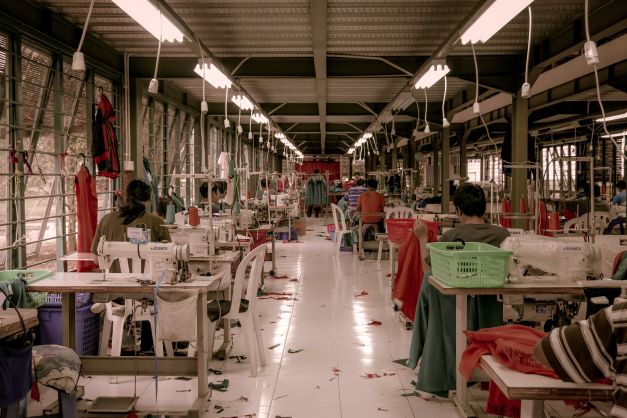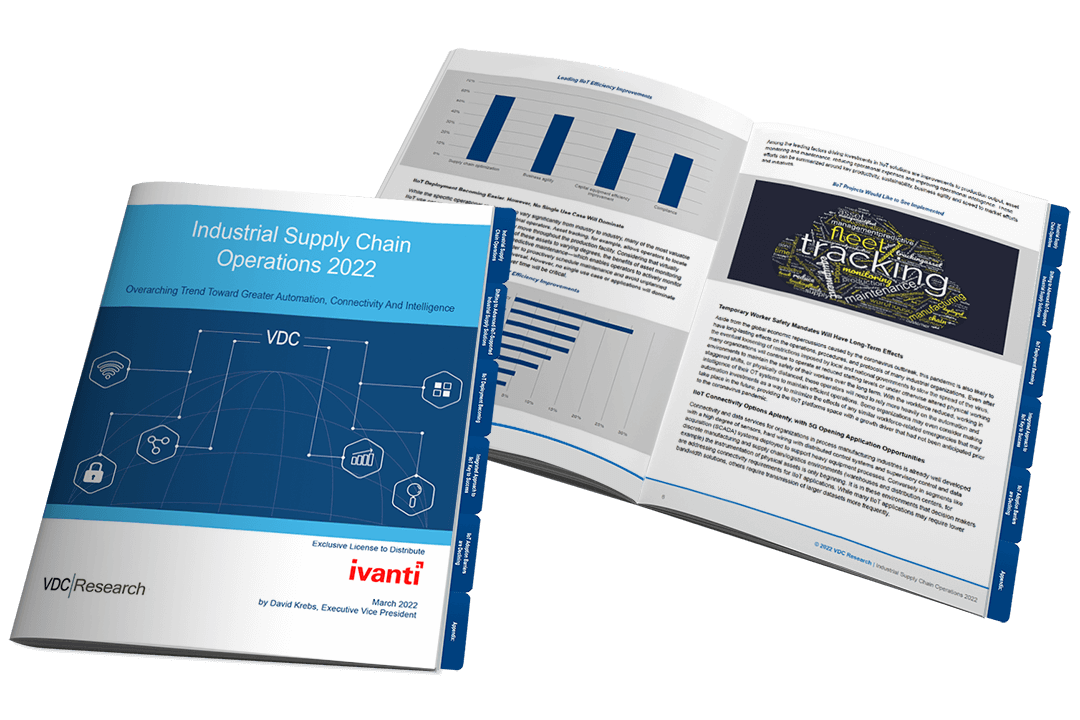Software specialist Setlog is now cooperating with Berlin-based human rights & responsible business Loening. The international consultancy, founded in 2014, offers companies practical and strategic assistance around the subjects of compliance with human rights and sustainability.
Setlog’s OSCA CSR (Corporate Social Responsibility) IT solution has been expanded to include a standardised questionnaire from Loening for self-disclosure by suppliers. Users of the software can also access Loening’s consulting services regarding policies, operational responsibilities and the introduction of a risk management system.
“Markus Loening, founder of Loening consultancy and the former Federal Government Commissioner for Human Rights Policy, is an experienced professional on the subject,” emphasises Setlog board member Ralf Duester. “The combination of the established Setlog solution OSCA CSR for mapping and controlling all supply chain partners with the in-depth expertise of the Loening team enables even companies with little knowledge in the area of CSR to meet the requirements of upcoming due diligence laws and related obligations. This makes it easier to get started, especially for mid-sized companies that have to deal with a lot of administrative work when it comes to CSR with small teams.”
There is a great need for companies to take action regarding CSR. Studies show in fact that only one-fifth of German companies with more than 500 employees complies with their due diligence obligations in terms of respecting human rights. The German Due Diligence Act will apply to companies with more than 3,000 employees from 2023, while companies with more than 1,000 employees will be liable as of 2024. Likewise, the EU is planning a law that will take effect for companies with 500 or more employees – in high-risk sectors (such as textiles or food) even for those with 250 or more employees.
“Even if there is first and foremost an urgent need for action in larger companies, smaller businesses should not postpone the issue. They are under pressure not only from the legislator, but also from their large customers, who have already imposed or will impose these requirements in their supplier contracts,” says expert Markus Loening.
Companies should not underestimate the time required for this type of project. “The introduction of the software itself is quick. But setting up the right process doesn’t happen in a month,” adds Loening. Those who start now, however, can still meet the basic requirements by the end of this year. In addition to the introduction of supplier questionnaires, the definition of processes and reporting structures are among the most important tasks.
The crucial aspect is a powerful IT infrastructure. With the help of the Setlog solution, companies in all industries are able to meet both legal and customer-specific requirements along their supply chain – digitally, efficiently, and future-proof. They can simultaneously create individual specifications for auditing and evaluating suppliers, define their own onboarding processes, and communicate their code of conduct and other guidelines along the supply chain. Additionally, they can request and control audits of factories according to a wide range of standards and manage resulting corrective actions.











